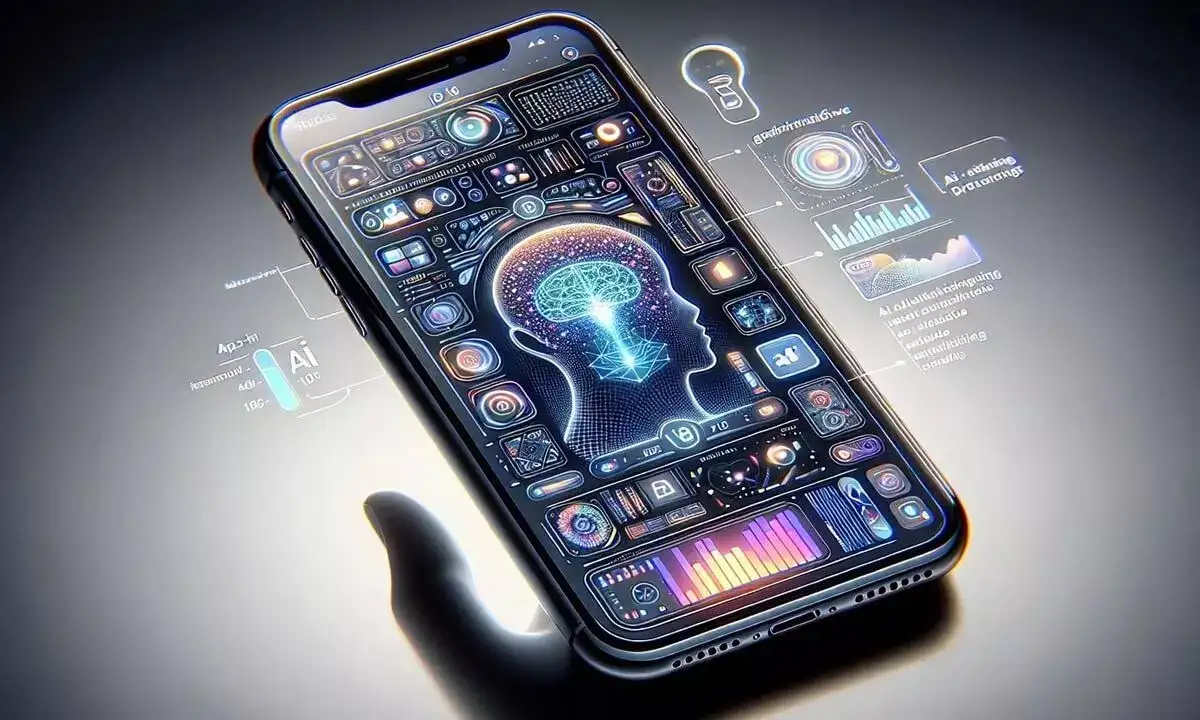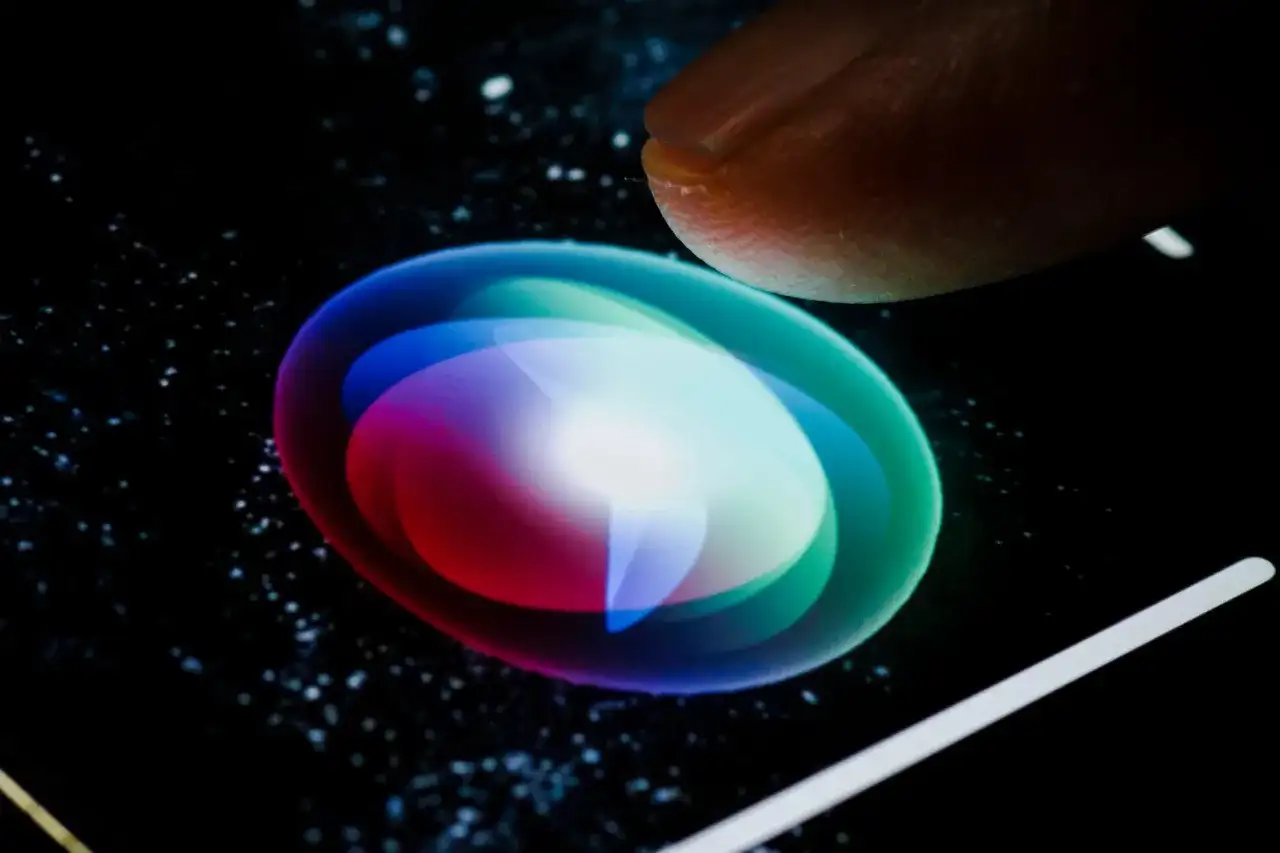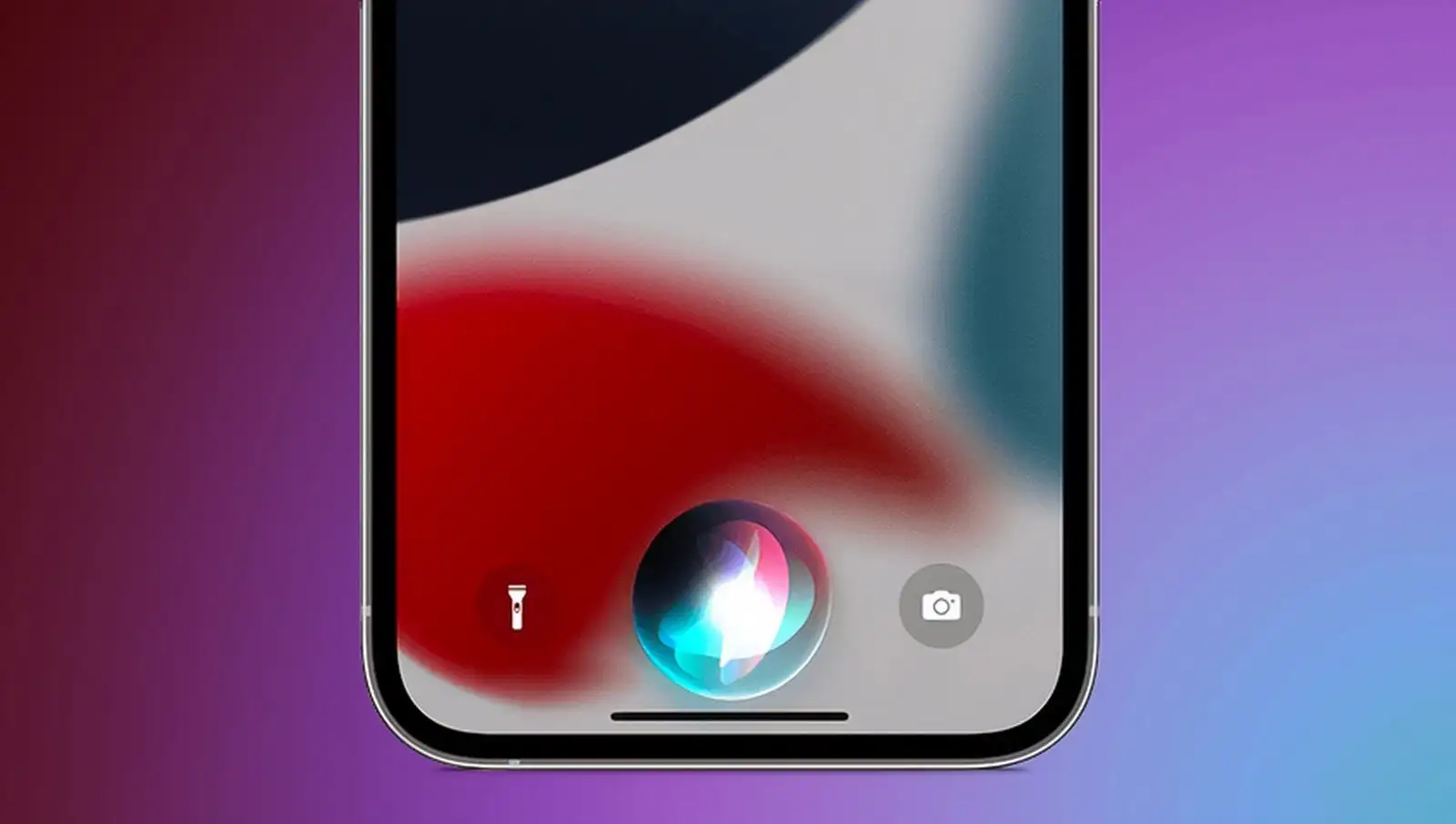There are other evidence that Apple is pushing AI on the iPhone, including the purchase of over 20 AI businesses in the last seven years.
According to statistics from technology research and market finance company PitchBook, Apple has been increasingly aggressive in acquiring AI businesses in recent years. From early 2017 until the end of 2023, Apple purchased 21 AI startups, more than any other major tech company over the same period, including Microsoft (12), Meta (11), Cisco (10), Intel (9), IBM, and Alphabet (8).

The majority of the firms bought by Apple are focused on resolving the issue of running AI on mobile devices. WaveOne is the most recent company, launching in early 2023. This California-based firm focuses on AI-powered video compression.
“They are gearing up for a series of M&A,” Wedbush Securities analyst Daniel Ives wrote in a blog post. “I would not be shocked if Apple introduces significant AI advances to its mobile devices this year. They are not taking a passive role in the continuing AI race.”
Meanwhile, Morgan Stanley Bank reports that Apple is looking for a number of AI roles, particularly in machine learning, deep learning, and AI-powered generative algorithms – models capable of producing text, voice, or code like people in seconds. In 2018, Apple hired John Giannandrea, a prominent AI specialist from Google.
Apple often keeps its development intentions under wraps. However, industry analysts told the Financial Times (FT) that the corporation is developing its own large language model (LLM) for use in future goods.
Last summer, CEO Tim Cook hinted to Apple’s AI goals when he stated that the company has “conducted research on a variety of AI technologies” and had invested and developed “responsibly” in terms of new technology overall.
According to the Financial Times, Apple’s objective with the aforementioned moves “may be to operate AI through mobile devices, allowing chatbots and AI applications to run on the hardware and software of the phone itself rather than being provided by cloud services in data centers.” In other words, Apple intends to make the iPhone into a real AI phone.
Experts believe that the WWDC 2024 developer event in June will be the moment for Apple to announce AI capabilities in iOS 18. According to Morgan Stanley analysts, the next edition of iOS will focus on allowing AI powered by LLM, such as Siri.
“Apple tends to delay and wait until new technology reaches its peak level before releasing the most complete version of that technology,” said Igor Jablokov, CEO of AI technology startup Pryon.

Apple also introduced the M3 Max for the MacBook in October of last year. This is an extremely powerful model that can “unlock workflows that were previously impossible on laptops,” such as allowing AI developers to deal with billions of data parameters.
Prior to that, in September 2023, Apple announced the S9 chip for the Apple Watch, which allows Siri to access and record data without an internet connection. The A17 Pro processor in the iPhone 15 also has a GPU to accelerate graphics processing. According to Bloomberg sources, Apple is expected to invest $1 billion each year on AI.
“Certainly, the chips in Apple’s devices are increasingly oriented towards AI,” said Dylan Patel, an analyst at semiconductor consultancy SemiAnalysis.
Laura Martin, a senior analyst at investment bank Needham, expects that Apple would take a different strategy than other firms that have substantially invested in AI, such as Microsoft or Meta, by focusing on its own devices rather than selling goods to the outside world.
“Apple’s AI will be for the benefit of the Apple ecosystem and only for Apple users,” Martin went on to say. “The company will not want to enter the business that Google or Amazon are doing, which is the ‘backbone’ of American technology.”













